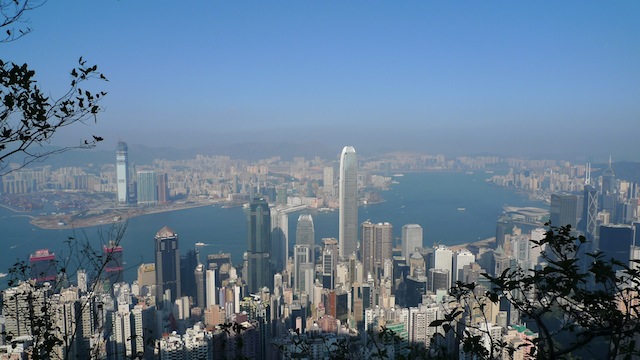After Margaret Thatcher 1984 agreement to hand Hong Kong over the People’s Republic of China, the hoteliers of the British Colony sent out the message “book now, or pay dearly for rooms at the time of the handover.”
It became perceived wisdom that the territory would be booked out for years in advance and any rooms available would cost a fortune. So people made other plans.
As a result, Hong Kong’s hotel occupancy rate during the handover was only 45%. The “buy now or you’ll miss out” message backfired as people decided they’d rather miss out.
In the second week of the London 2012 Olympics the same thing is happening – the regular tourist trade has been scared away and even the locals who haven’t left town are staying home to avoid the transport and other hassles.
For London, the Olympics have backfired.
This is what is always missed when cities or governments make bids for big events, they displace existing trade and the benefits, if any, are short lived.
At least the Olympics do attract millions of visitors and the eyes of the world are on the host city for two weeks.
Far worst are the pointless heads of government meetings that pop up with monotonous regularity, for a few days of fleeting notoriety a city is locked down and its citizen corralled as Presidents and Prime Ministers meet to discuss something that will be forgotten in weeks.
The Sydney APEC meeting of 2007 was case in point, nothing was achieved for the weeks of disruption to normal business except for the spectacle of the so called leaders of the Asia Pacific region scuttling between hotels like frightened cockroaches in their armour plated motorcades.
Governments around the world keep falling for the myth that these major events generate some sort of economic benefits when it’s clear to the population who aren’t invited to the VIP cocktails parties that their money isn’t being well spent.
For businesses, the lesson is not to make too many “buy now or miss out” claims. If customers take you at your word then you may find your shop is half empty, just as Hong Kong did in 1997.

Leave a Reply